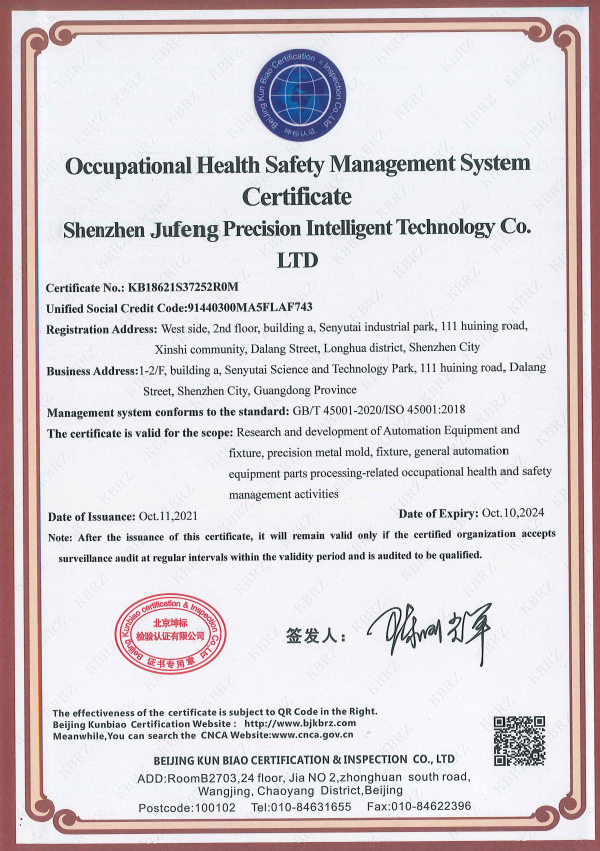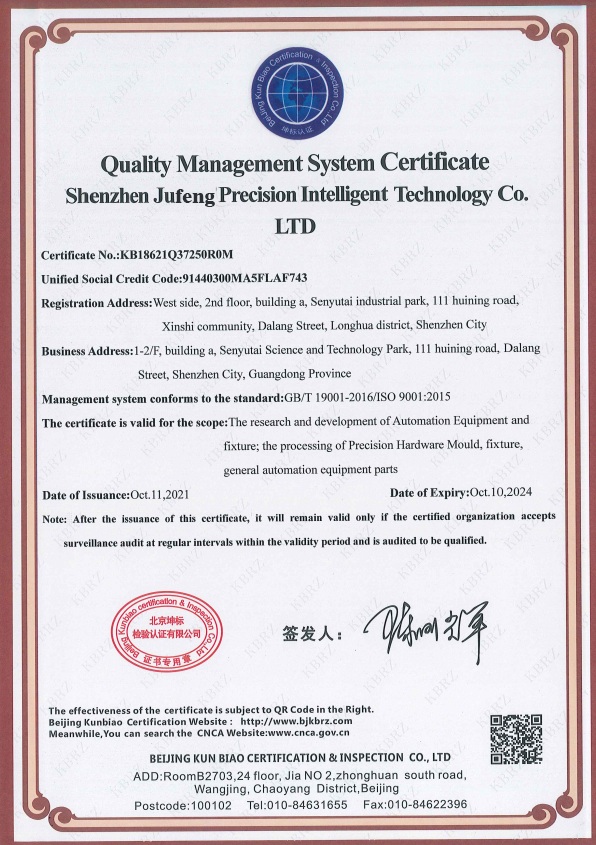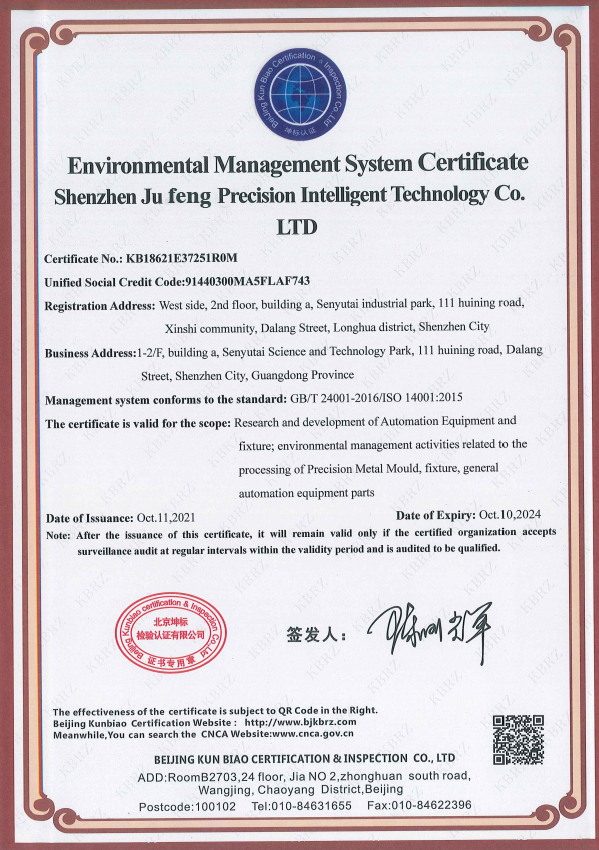News
Mastering CNC Precision Jigs: Enhancing Efficiency in Industrial Manufacturing
CNC precision jigs play a crucial role in the industrial manufacturing landscape, particularly within the realm of tooling and fixtures. These specialized devices are designed to hold and guide workpieces in place during machining operations, ensuring high levels of accuracy and repeatability. Utilizing CNC precision jigs can drastically enhance operational workflows, reduce setup times, and improve overall production efficiency.
One of the primary benefits of employing CNC precision jigs is their ability to reduce human error. By providing consistent positioning and alignment for workpieces, these jigs minimize the chances of mistakes that can arise from manual handling. This accuracy is essential for producing intricate components that meet stringent quality standards. Furthermore, CNC precision jigs can be tailored to accommodate various workpiece sizes and geometries, making them a versatile tool in manufacturing settings.
Another significant advantage of CNC precision jigs lies in their contribution to cycle time reduction. With these jigs in place, operators can achieve faster machining speeds while maintaining precision. This efficiency not only lowers production costs but also increases output rates—crucial factors for businesses aiming to remain competitive in a fast-paced market. Additionally, the integration of CNC technology in jig manufacturing allows for rapid prototyping, enabling manufacturers to test and refine designs quickly before full-scale production.
In terms of applications, CNC precision jigs are commonly used in various sectors, including automotive, aerospace, and medical devices. In the automotive industry, for example, these jigs assist in the assembly of complex parts, ensuring that every component fits perfectly before moving to the next stage of production. In the aerospace sector, the need for precision is paramount; CNC precision jigs help in fabricating parts that must withstand extreme conditions while ensuring safety and reliability.
Moreover, the implementation of CNC precision jigs can also enhance collaboration in a manufacturing environment. With standardized jigs, multiple operators can work on the same project without compromising on quality. This is particularly beneficial in environments where team members may rotate between different tasks, as familiarity with the jigs can facilitate smoother transitions and consistency in output.
In conclusion, CNC precision jigs are indispensable tools in the industrial equipment and components sector. They not only enhance the accuracy and efficiency of manufacturing processes but also promote a culture of quality and precision. By investing in CNC precision jigs, manufacturers can significantly improve their operational capabilities, ensuring they stay ahead in an ever-evolving industry landscape.
One of the primary benefits of employing CNC precision jigs is their ability to reduce human error. By providing consistent positioning and alignment for workpieces, these jigs minimize the chances of mistakes that can arise from manual handling. This accuracy is essential for producing intricate components that meet stringent quality standards. Furthermore, CNC precision jigs can be tailored to accommodate various workpiece sizes and geometries, making them a versatile tool in manufacturing settings.
Another significant advantage of CNC precision jigs lies in their contribution to cycle time reduction. With these jigs in place, operators can achieve faster machining speeds while maintaining precision. This efficiency not only lowers production costs but also increases output rates—crucial factors for businesses aiming to remain competitive in a fast-paced market. Additionally, the integration of CNC technology in jig manufacturing allows for rapid prototyping, enabling manufacturers to test and refine designs quickly before full-scale production.
In terms of applications, CNC precision jigs are commonly used in various sectors, including automotive, aerospace, and medical devices. In the automotive industry, for example, these jigs assist in the assembly of complex parts, ensuring that every component fits perfectly before moving to the next stage of production. In the aerospace sector, the need for precision is paramount; CNC precision jigs help in fabricating parts that must withstand extreme conditions while ensuring safety and reliability.
Moreover, the implementation of CNC precision jigs can also enhance collaboration in a manufacturing environment. With standardized jigs, multiple operators can work on the same project without compromising on quality. This is particularly beneficial in environments where team members may rotate between different tasks, as familiarity with the jigs can facilitate smoother transitions and consistency in output.
In conclusion, CNC precision jigs are indispensable tools in the industrial equipment and components sector. They not only enhance the accuracy and efficiency of manufacturing processes but also promote a culture of quality and precision. By investing in CNC precision jigs, manufacturers can significantly improve their operational capabilities, ensuring they stay ahead in an ever-evolving industry landscape.
Prev




